Educating child activists
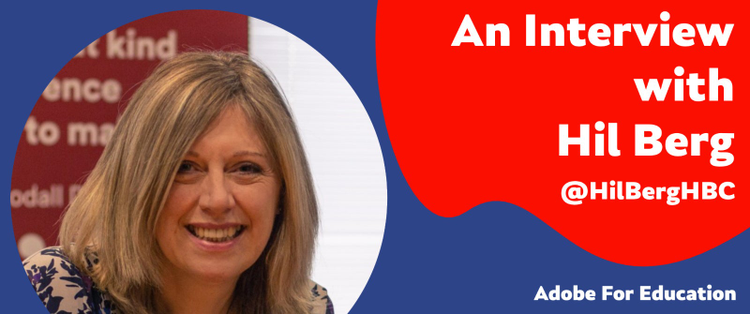
We’re at a unique moment in history, when we can look at education from a different vantage point as school closures force us to re-evaluate what education means and where it is going.
I set about interviewing some of education’s most interesting people in researching how we might rethink education for my book ”Literacy Beyond The Classroom.”
Hil Berg leads on sustainability and corporate social responsibility strategy at Iceland Foods, advising the board and working on partnerships and communications. She was previously head of PR for the business in the ’90s and early 2000s, directing communications for the “Food You Can Trust” campaign, which encompassed a ban on genetically modified food, the removal of artificial additives, and other industry-leading initiatives.
I spoke with Berg recently about the rise of corporate activism for change and the role of children and teachers in creating a safe and sustainable environment for future generations.
What is it about consumer culture that Iceland is looking to change?
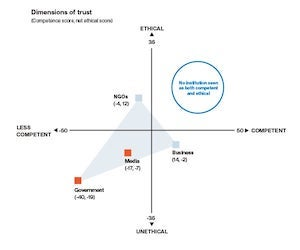
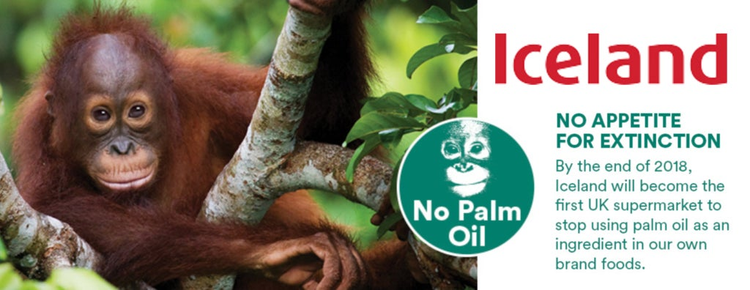
In the height of our palm oil campaigning in 2018, two young sisters got involved and decided to target [a CPG brand] for their use of palm oil. They started a petition against [the brand] and ended up in the boardroom talking with the senior executives. That’s an amazing example of how the public, two young girls, can have a huge impact without having any purchasing power themselves.
Why is Iceland leading the charge on ethical and sustainable business?
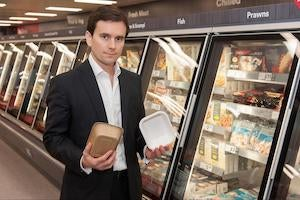
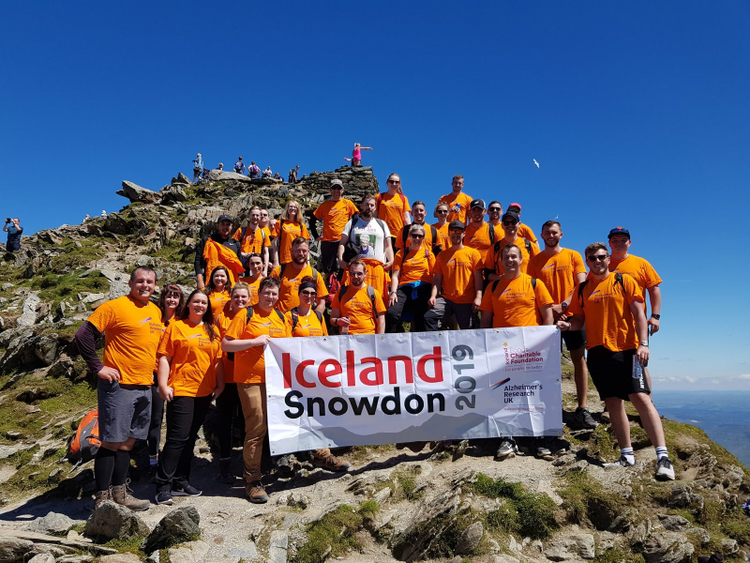
In terms of collaboration, our approach is designed to try and inspire other businesses to take a similar approach with an issue which is close to their hearts, perhaps one that is particular to their manufacturing methods or buying practices so that, as a collective effort, we can be tackling a number of issues all at the same time.
Why is it so important to communicate what you’re doing to your audience of current and future shoppers?
The best companies put purpose before profit to make massive positive changes in the world. Your customers decide whether you live or die, and you’ve got a responsibility to serve them in the right way.
We should be encouraging children to ask questions all the time about what they’re doing and why they’re doing it, to question the brands that they like and the things they buy. We can only really make this world a better place by decreasing rampant consumerism and by getting people to vote with their wallets and stick with the ones that are more responsible. We’re lucky in a way because we’re in food and it’s something that we’ll always need. But at the same time food waste is absolutely off the charts in society, and we’re obsessed as a company with how much food we waste and want to be part of the change not only in our shops, but in the homes of our customers where the majority of food waste happens.
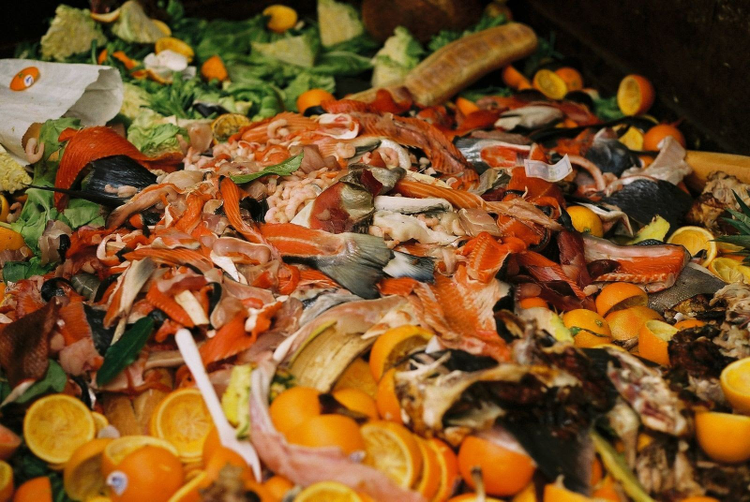
I really believe that this generation has the potential to be the special generation and turn things around because they not only have the awareness, but they have the passion and they also have the ideas to back it up. If we’re going to make the kind of changes we need, then we need to encourage these children as much as possible to feel empowered enough to take action. The rise of Greta Thunberg is so positive and, coupled with things like Extinction Rebellion, this is a level of activism I’ve not seen since the Nike riots in the ’80s. Are we entering a different place where they will actually vote with their wallets? I certainly hope so because as adults we’ve silently but knowingly watched the destruction of the planet for decades!
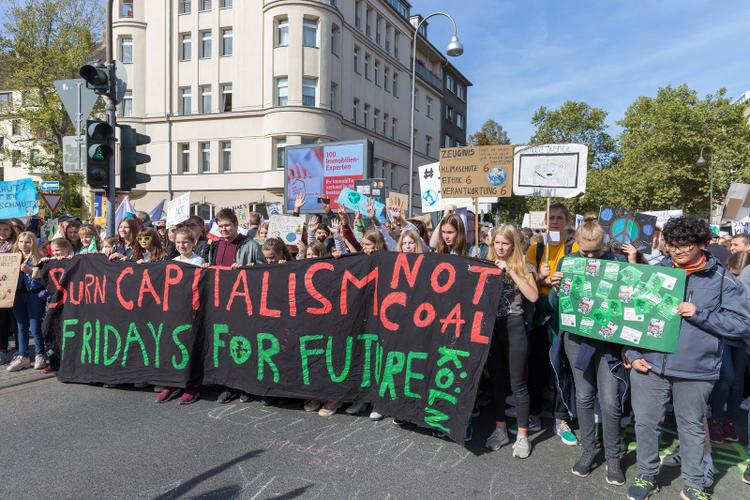
Another really interesting thing about that is that it doesn’t only apply to consumers, but it also affects investors. Consumers have much more potential to disrupt than they realise. But so do teachers. They are the unsung heroes of society and heroes to so many children influencers on a mass scale and potential activists. They can be the ones who shape a generation of children, which over time changes society by fostering inquiring minds, developing children who ask questions and think about their decisions.
A great tool for connecting kids to engaging and challenging ideas is Adobe Spark. Using this versatile tool, students of varying ages can complete a project like “Conscious Consumers,” a five-lesson English project that uses video as a hook to teach students about nonchronological report writing. Students get a chance to build research and writing skills in order to produce video with a marketing focus directed toward a high-impact audience.
Check out the project here.